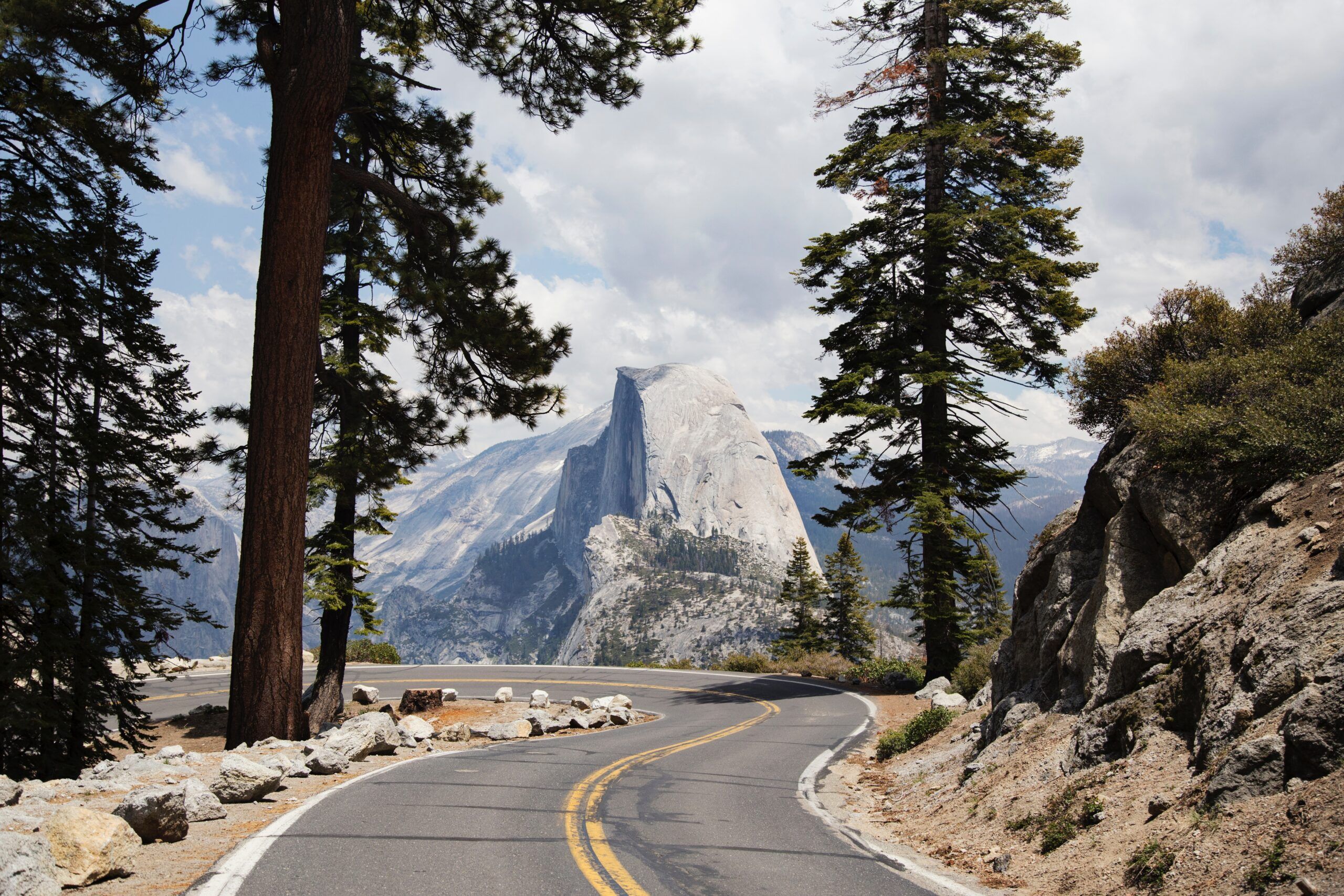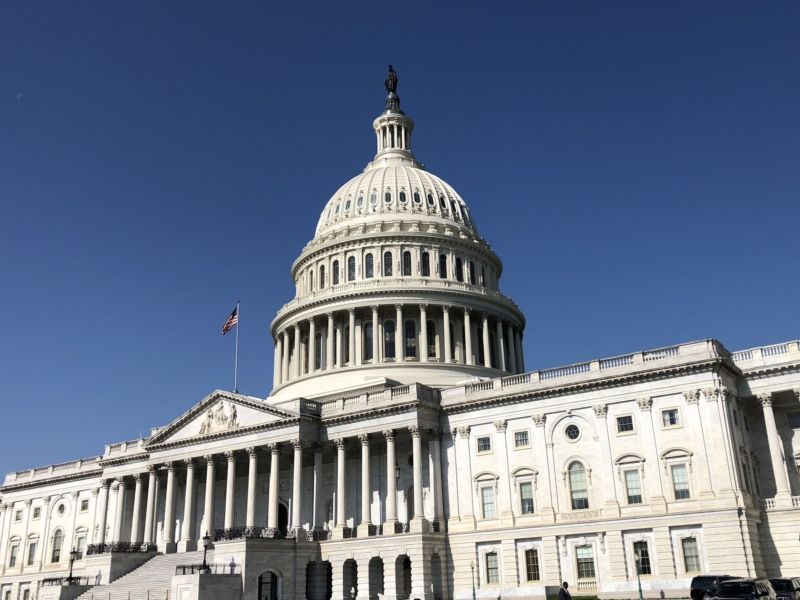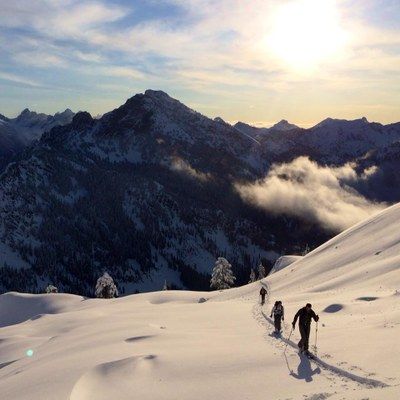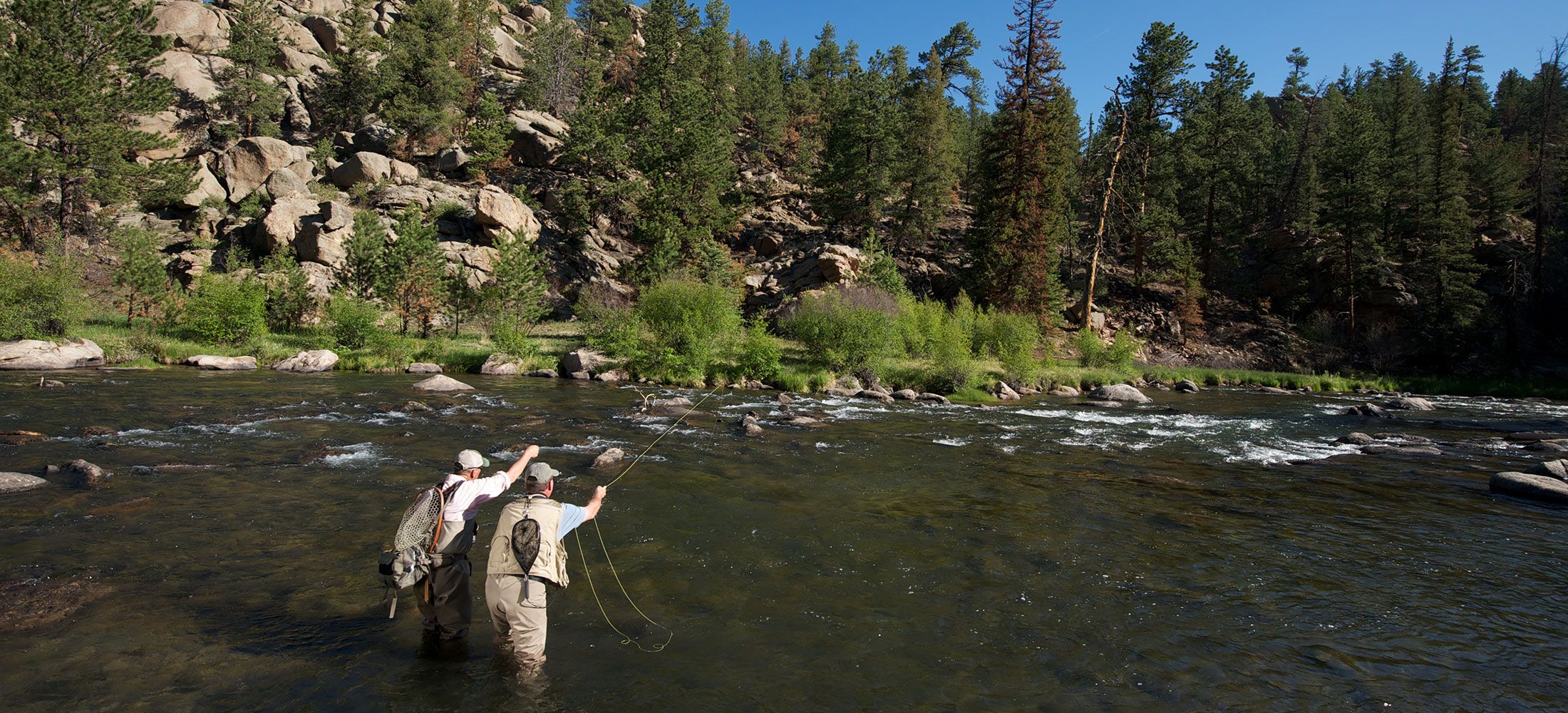COA Submits Comments on NPS On-Line Permit Application System
Today, the Coalition for Outdoor Access submitted detailed comments on the National Park Service’s on-line commercial use authorization application and reporting system. NPS announced the rollout of the system on July 26, 2023. You can read more about the announcement here.
Commercial use authorizations (CUAs) are one of the primary ways in which the National Park Service authorizes guided recreation use in the National Park system. These authorizations are governed by the Concessions Management Improvement Act of 1998. The requirements and limitations for CUAs can be found in 54 U.S.C. § 101925.
In its comments, COA congratulated NPS on the rollout of the on-line system. We noted that the system will make the acquisition of CUAs easier and more efficient. We also commended the Park Service for including functionality for telling the public where CUA opportunities exist. This will make NPS recreation opportunities more visible and equitable.
COA also expressed support for NPS’s plan to standardize the application fee for CUAs. This is an important step, because there has been significant variation in the amount of the application fee at different locations through the National Park system.
At the same time, COA’s comments argued that a standardized $350 application fee is too high. While this would be a reduced fee in some high profile locations, it would be a significant increase in other locations, and may create a barrier to access for small operators that serve historically excluded communities. It is particularly impactful since paying the fee is no guarantee that the applicant will receive a permit.
COA joined with its member organization the American Mountain Guides Association in urging NPS set the application fee at $250 and recover a higher proportion of the cost through the management fee imposed on CUA holders. This approach will ensure the burden of cost recovery is carried primarily by those who have an opportunity to generate revenue through a CUA.
COA also urged NPS to acknowledge the limitations of 54 U.S.C. § 101925(d), which reads:
(d) Nonprofit Institutions.— Nonprofit institutions are not required to obtain commercial use authorizations unless taxable income is derived by the institution from the authorized use.
Our comments explained that in the overwhelming majority of cases, outdoor program providers that are recognized as tax exempt organizations under section 501(c)(3) of the Internal Revenue Code do not generate taxable income when they charge for outdoor educational programs that are squarely within their “exempt function.” COA urged NPS to increase compliance with this provision of the law governing CUAs by providing more training to NPS staff and by including a notification in its on-line application system the nonprofit organizations are not required to obtain CUAs in most circumstances.
You can read COA’s comments on the NPS proposal here.



